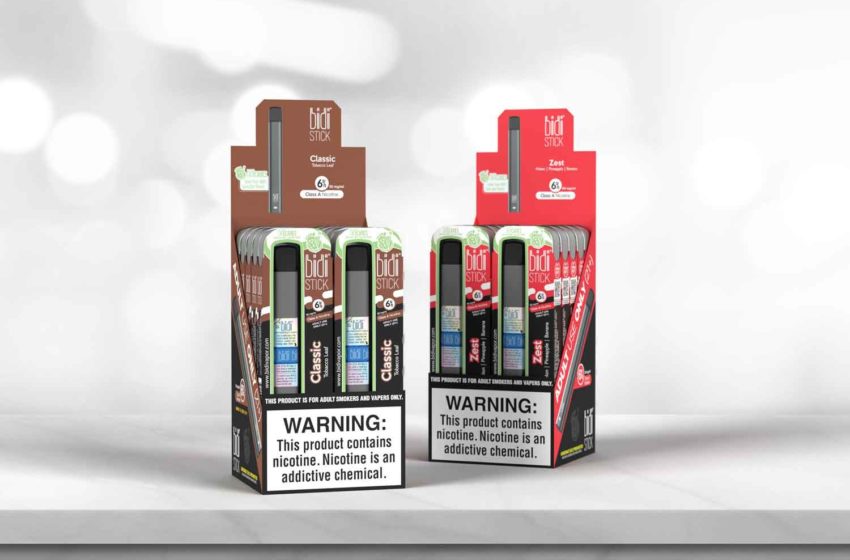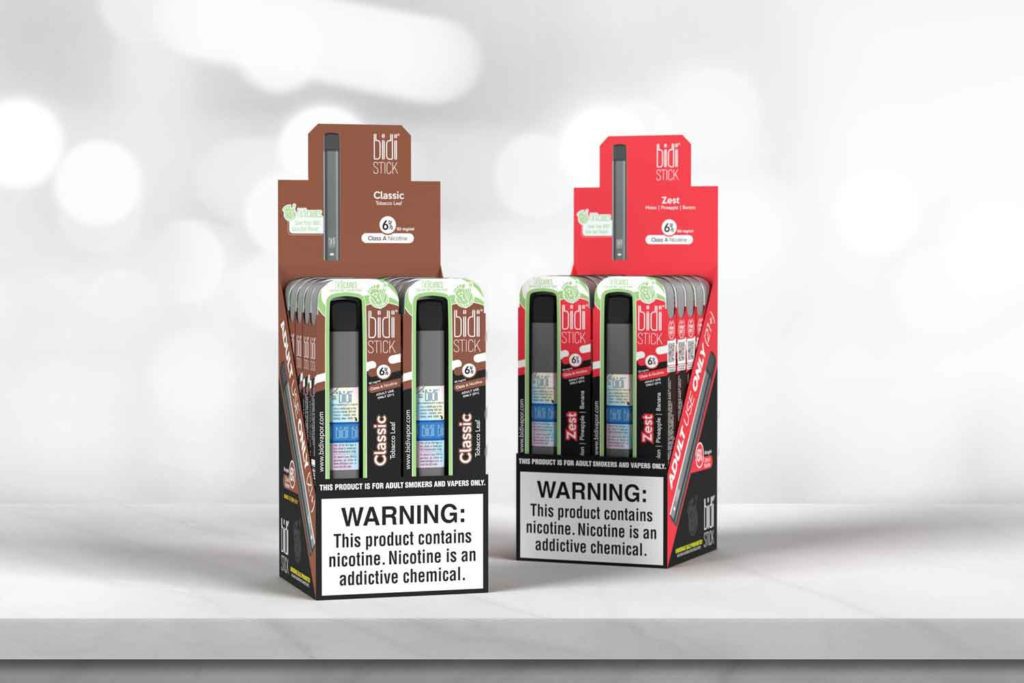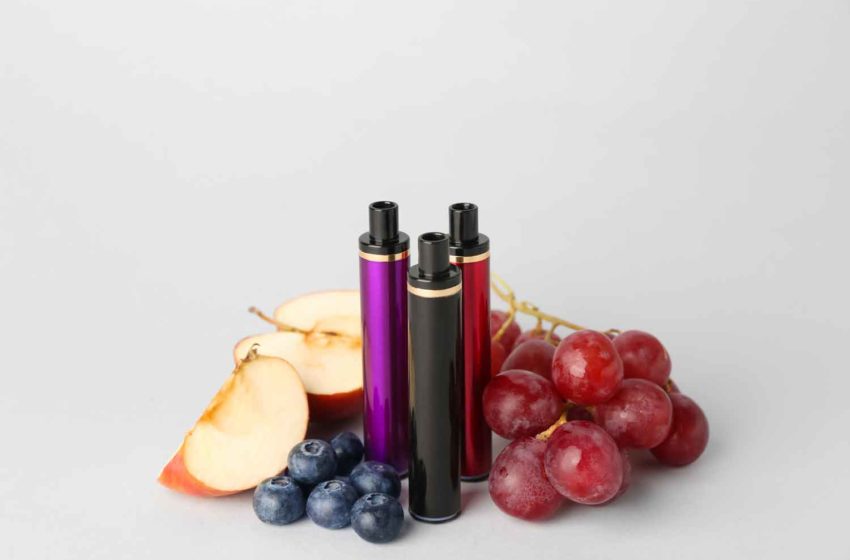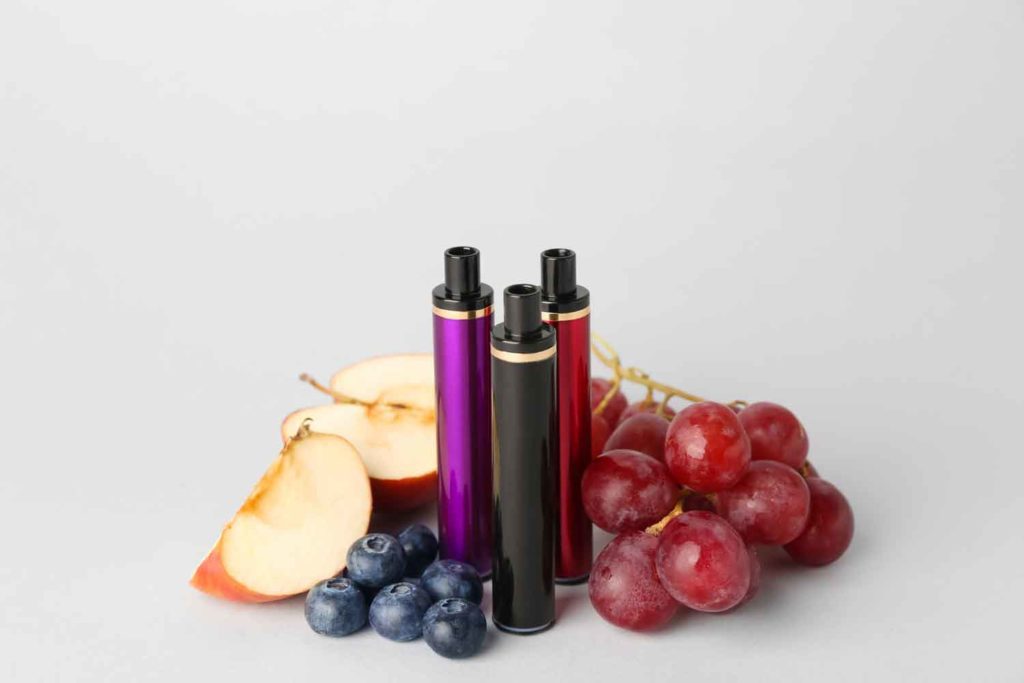
An operation, led by Hungary and supported by Europol and Eurojust, and involving law enforcement authorities in Austria, the Czech Republic and Poland has led to the dismantling of a criminal network involved in large-scale tax fraud concerning cigarette smuggling.
The investigation was initiated as the result of intelligence analyzed by Europol. In a recent action day, law enforcement officers arrested one suspect and seized a large amount of valuables.
In March 2021, the Hungarian Tax and Customs Administration seized nearly 23 million unsealed cigarettes that arrived by plane from Dubai to the Hungarian airport of Debrecen. Produced in the United Arab Emirates, the tobacco products were concealed in car parts being shipped on cargo planes. Hungarian authorities intercepted one shipment as it was leaving the airport in four trucks with Polish license plates.
Officials suspect that there were two similar deliveries earlier that year, on Jan. 29, 2021, and Feb. 26. 2021. The estimated economic damage to the European Union budget caused by this organized crime group’s tax evasion on the tobacco products amounts to more than €8.75 million.
On August 16, 2022, law enforcement officers seized €750,000 in various currencies, seven luxury vehicles and 49 luxury watches from the Hungarian citizen who was arrested.
The authorities are looking for three further suspects for whom European and international arrest warrants have been issued.
Europol facilitated the information exchange, cross-checked operational information against Europol’s databases and provided additional analytical support to help advance the national law enforcement authorities’ investigations. Eurojust actively facilitated cross-border judicial cooperation between the national authorities involved, including the execution of European investigation orders.



















